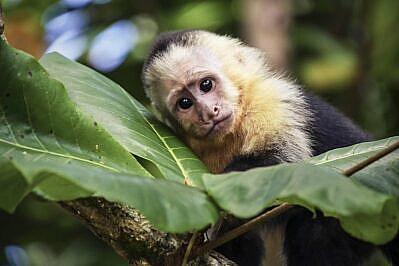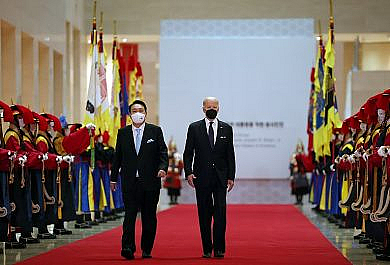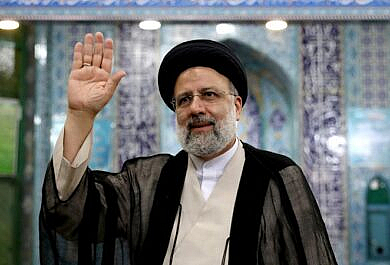Scientists Create Human-Monkey Hybrid Embryos, Ethics Questions Abound
An international group of scientists conducted hybrid research in China, injecting human stem cells in to monkey embryos. It is apparent none of these scientists have watched Jurassic Park.
Scientists from the United States, China, and Spain worked together to create embryos combining human and monkey DNA.
- Called a chimera, because of the presence of genetic material of two different species, the embryo has been kept alive for nearly 3 weeks to study the interaction of human stem cells into macaque monkey embryos and determined a “high number of human cells” surviving inside the macaque embryo.
- While the researchers maintained “all ethical criteria” were followed, one ethics professor says it raises questions “that warrant careful consideration.”
- Those conducting the research believe it can help advance medical breakthroughs in growing organs for human transplantation, which is of particular concern in America where the list of those waiting for transplants far exceeds the number of organs available.
![]()
- NPR highlighted remarks from Kristin Matthews with Rice University who said the public should rightly be concerned with this type of research without a “proper conversations about what we should or should not do.”
- BBC also spent time discussing the ethical concerns of the experiment, quoting a professor from the University of Oxford.
- In between writing tabloid articles about the British royal family, People magazine wrote about the research, leading their coverage with the potential benefits for organ transplants, an aspect of the story most outlets buried.
![]()
- The Jerusalem Post underscored the potential for understanding the process of aging for humans and animals through chimera research.
- National Review is one of the only, if not the only, outlet to take a hard stance against the research, saying it “cuts across crucial moral boundaries” and criticizing China for hosting the research and Western scientists for conducting the research, and calling for “binding laws to govern and restrict biotechnology.”
© Dallas Gerber, 2021






